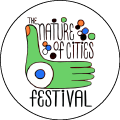16 October 2024
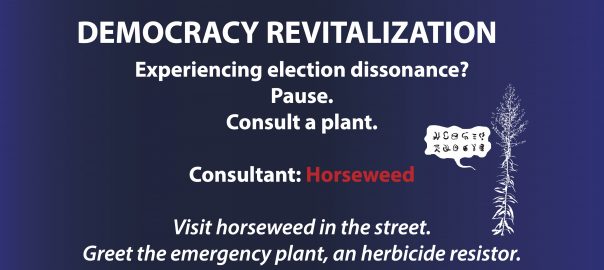
The notion of giving voice to more-than-human communities has long been of interest to artists, activists, and change-makers worldwide. Though still emerging, movements like the rights of nature have increasingly advocated for granting natural entities—rivers, forests, ecosystems—legal standing, akin to the rights given to people or corporations. Over the past...
0 Comment(s)Join our Conversation
4 October 2024
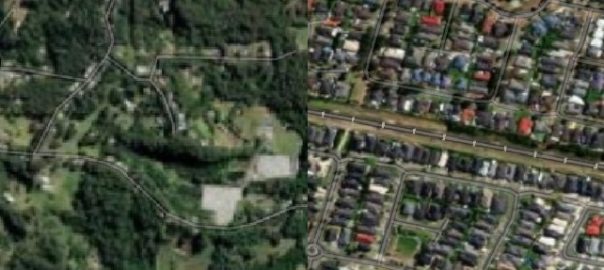
Obesity imposes a heavy burden on individuals and societies (Boutari and Mantzoros, 2022). Since obesity is difficult to cure and often coexists with other chronic conditions, public health efforts to prevent obesity are needed (McNally, 2024). However, a strategy focusing on individuals, simply telling people to eat less and exercise...
0 Comment(s)Join our Conversation
15 September 2024
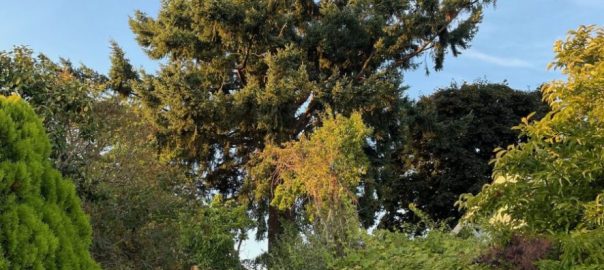
I have come to believe that in the fight to save trees and forests in our cities, it is necessary to better understand what I am calling the “psychology of trees”, those factors and influences and patterns of thinking that affect the decisions individuals, developers, and even entire communities, make...
0 Comment(s)Join our Conversation
4 September 2024
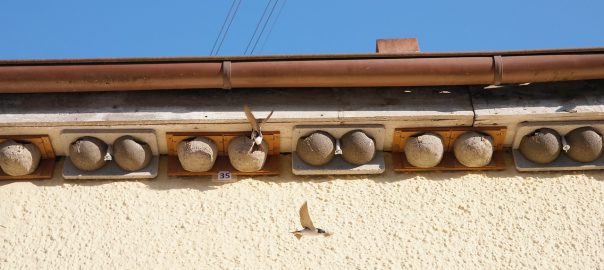
Did you know that baby housemartins speak in their sleep? I did not ― until some nights ago in early July. I was walking down the deserted main road outside Varese Ligure, an old-fashioned Italian mountain town. It was the evening of the day I had arrived. Following the dimly...
0 Comment(s)Join our Conversation
22 August 2024
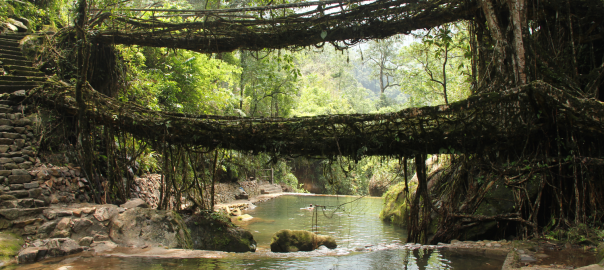
I recently attended The Nature of Cities Festival (TNOC Festival) in Berlin, Germany, where I hosted a session with colleagues on the Global Roadmap for the Nature-based solutions for Urban Resilience in the Anthropocene (NATURA), a National Science Foundation research initiative co-led by the Urban Systems Lab. TNOC Festival uniquely...
0 Comment(s)Join our Conversation
6 August 2024
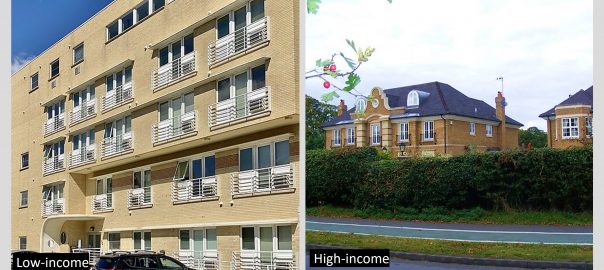
India is roasting, with some cities like Delhi pushing to almost 50 degrees C (122 degrees F). In India’s recent election, at least 33 poll workers died while doing mostly compulsory work to administer the election in sweltering polling places. All told, there have probably been thousands or tens of...
0 Comment(s)Join our Conversation
30 July 2024
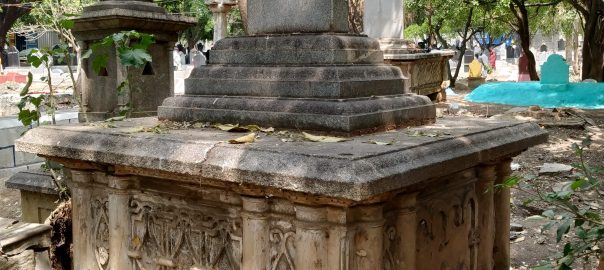
The word “cemetery” is derived from the Greek word ‘koimeterion’ meaning ‘dormitory’ or “resting place”. But cemeteries in cities can be more than resting sites for the deceased, or for their loved ones to visit and mourn. They are spaces that harbour a rich biodiversity including trees and plants of...
0 Comment(s)Join our Conversation
15 July 2024
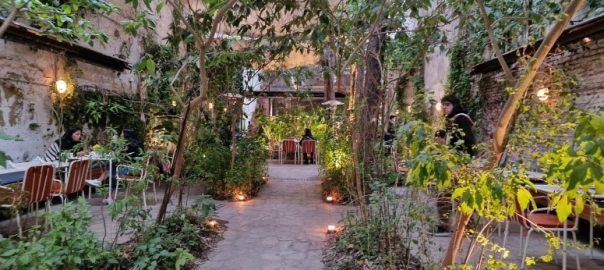
Human reconnection with Nature is one of the greatest challenges of architecture in the attempt to generate more livable cities in built environments. Among architects and designers, there were visionaries who sought to reflect an indivisible relationship between art, life, and nature in their compositions. One of them was Hundertwasser...
0 Comment(s)Join our Conversation
9 July 2024

In the dynamic landscape of Africa, a fascinating interplay unfolds between urban informality and the transformative promise of primate cities. Mark Jefferson defined a primate city in 1939 as the largest in its country, province, state, or region, and disproportionately larger than any others in the urban hierarchy: at least...
0 Comment(s)Join our Conversation
30 June 2024
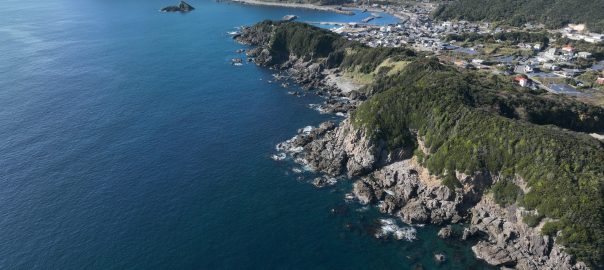
Kansai is both an international airport built on an artificial island in Osaka Bay and an urban megaregion sprawling across Japan’s largest and most populous Honshu Island. But Kansai also affords countless walks in which to understand landform heritage and ecology. The Osaka Sea is embraced by two mountainous areas,...
0 Comment(s)Join our Conversation
27 May 2024
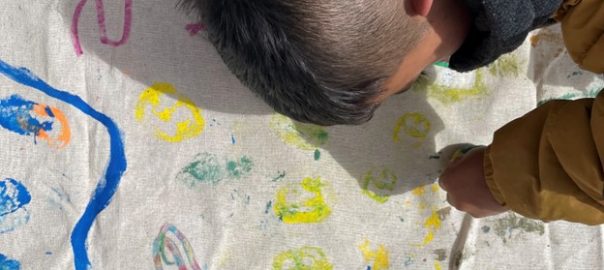
Lee esto en español. Over the course of a year, we embarked on an emotional and conceptual journey of exploration and reflection on water with two groups of young people and children living on the border between urban and rural areas in the hills of Bogotá. This experience led us...
0 Comment(s)Join our Conversation
12 May 2024
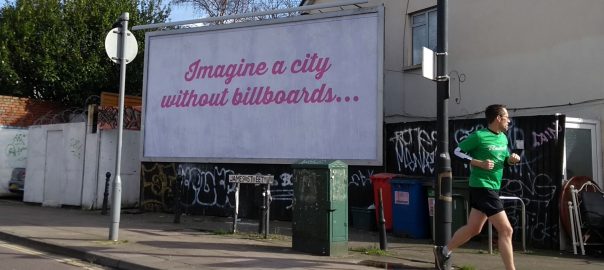
The imperative to mitigate global warming to within 1.5 degrees Celsius above pre-industrial levels necessitates substantial systemic changes in the Global North. While much attention has been directed towards clean energy transition and infrastructure investments, addressing unsustainable consumption habits has not received the priority it deserves. The growing challenges in...
0 Comment(s)Join our Conversation
27 April 2024
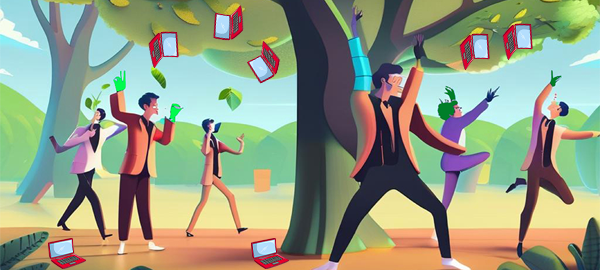
Lindsay: I am co-principal Investigator on a USDA Forest Service (USFS) research project called “Fueling Adaptation” which is looking at wildfire communications, governance, and adaptation as part of the Wildfire Crisis Strategy. This is work I co-lead with Miranda Mockrin (USFS) and Cody Evers (Portland State University). Our team of...
0 Comment(s)Join our Conversation
3 April 2024
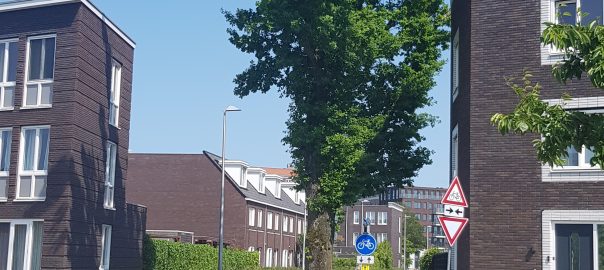
A biking lane should measure 4.20 meters at minimum in the city of Utrecht. Sidewalks need to be 1.20 meters wide to make sure pedestrians and a person in a wheelchair can pass each other. For each house we build we add 0.78 parking spaces in the public domain. In...
0 Comment(s)Join our Conversation
27 March 2024
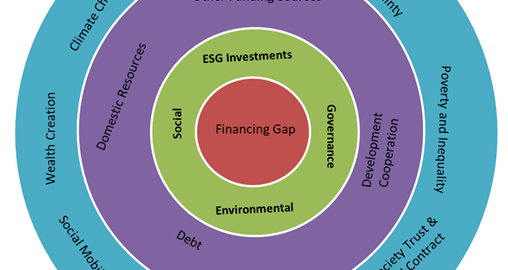
Background to the Sustainable Financing Gap Globally, challenges in making our cities resilient are multi-dimensional and are on the rise. According to the 2023 Sustainable Development Goals Report, over half of the global population currently resides in urban areas, a rate projected to reach 70% by 2050. Approximately 1.1 billion...
1 Comment(s)Join our Conversation
18 March 2024

The United Nations Disaster Risk Agency holds that “displacement means situations where people are forced or obliged to leave their homes or places of habitual residence because of a disaster or to avoid the impact of an immediate and foreseeable natural hazard. Such displacement results from the fact that affected...
0 Comment(s)Join our Conversation
11 March 2024
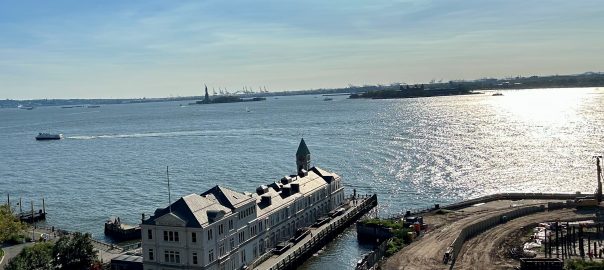
Looking out from my office in lower Manhattan, preparations for rising seas and coastal storms are becoming real. As I type these words, construction crews are cutting scores of mature trees that once graced the local parks to make room for a system of about five-meter-high berms, flood walls, and...
0 Comment(s)Join our Conversation
26 February 2024
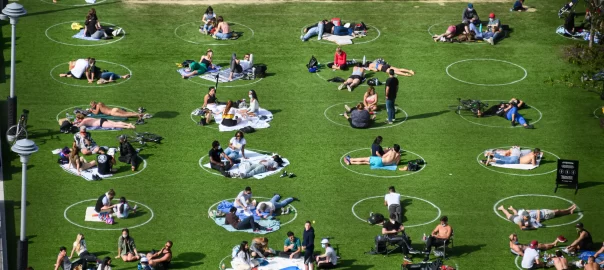
Social infrastructure and so-called “third spaces” (the non-work, non-home gathering spaces ― either public or private ― like parks, libraries, houses of worship, and coffee shops where people spend time) are a crucial part of the lifeblood of civic life, particularly in cities. These are spaces where people come together,...
0 Comment(s)Join our Conversation
25 February 2024

Cities should be collaborative creations, no? Various professions, ways of knowing, modes of action, governments, and the people that live there, work together (we hope) to build their city from their shared and often contested values. And we need to find greener routes to built cities for them to be...
0 Comment(s)Join our Conversation
7 February 2024
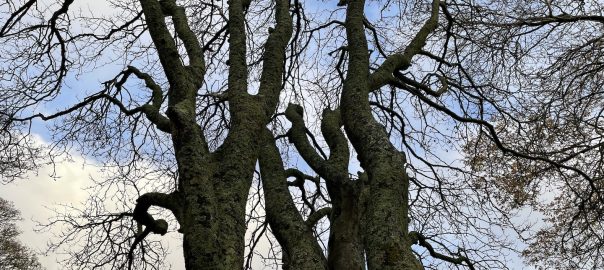
Rightly, people recently have been valuing Indigenous cultures and writing about them. Not wishing to mimic or appropriate, but as an attempt to learn from such ways of thinking, this essay uses a form of circular storying[1] that becomes nonlinear. I stumbled upon ‘storying’ (the making and telling of stories)...
0 Comment(s)Join our Conversation


